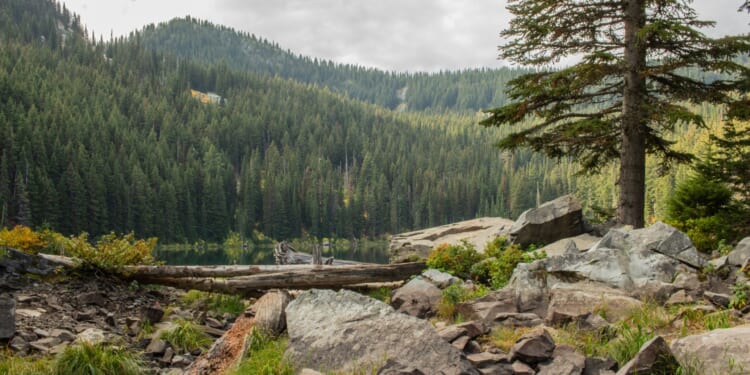The Stibnite Gold Project in central Idaho has been given the all-clear by the U.S. Forest Service, conditioned only on the company posting the bonding agreed to in permitting. After eight years of permitting, the project is an excellent example of responsible stewardship and reclamation while producing minerals needed for national security.
The Stibnite Gold Project “plans to produce America’s only mined resource of the critical mineral antimony, a key component in munitions and advanced defense systems.” Antimony is also used for metal products, flame retardants, and nonmetal products like ceramics, glass, and rubber.
The U.S. Geological Survey finds that in 2024 there was no marketable antimony mined in the U.S. China placed export restrictions on antimony to the U.S. in August 2024 and subsequently banned all exports in December 2024. Between 2020 and 2023, China provided 63 percent of imports of antimony metal and oxide to the U.S.
The site of the Stibnite mine has been historically mined and its antimony was used for national security and defense in World War II. Perpetua Resources is demonstrating responsible stewardship, as its plan involves rigorous environmental work such as “restoration of legacy impacts early and concurrent with mining,” opening “miles of habitat for migrating fish,” and improving both wetlands quality and water temperature conditions.
The Stibnite Gold Project was placed on the FAST-41 permitting list in January 2025, which is intended to increase transparency and improve coordination among government agencies for certain infrastructure projects.
However, lasting reforms are needed to ensure that urgently needed domestic mining projects aren’t left in limbo. That’s why Center of the American Experiment has launched a campaign to Make Mining American Again to urge Congress to act.










